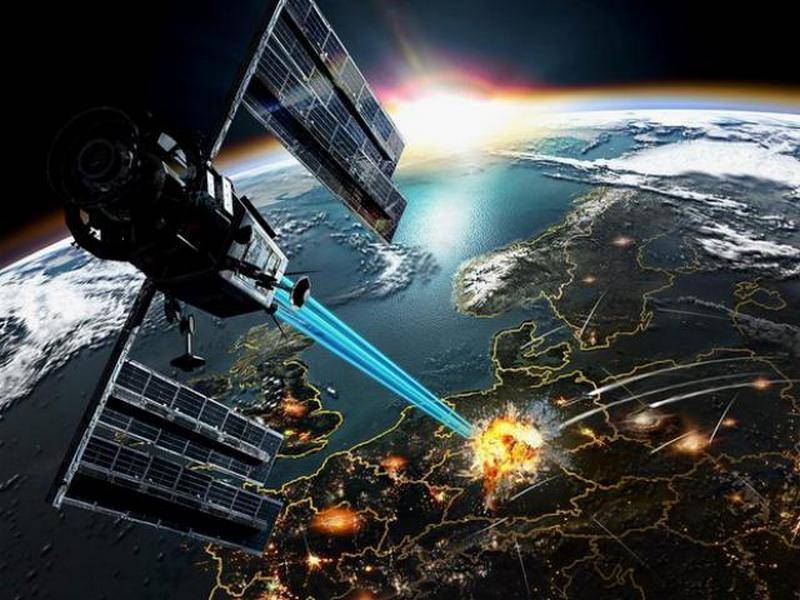 |
| I happen to think that it is the most fascinating Russian mission since the demise of the Soviet Union - Phillip Clark |
A British expert on Russian and American space programs Phillip Clark noticed that the Russian secret space satellite "Cosmos-2521" slowly began to maneuver about the "Space-2519", which is the last three months, almost did not move, reports "Lenty" with reference to the bis spaceflight magazine as shown by the tracking distance between the spacecraft for about a week periodically decreased and increased. By the time of this writing, there was a tendency to reduce the distance between the satellites, says expert the Russian secret spacecraft "Kosmos-2519" launched on 23 June 2017 from Plesetsk on a light carrier rocket "Soyuz-2. 1 b" upper stage "Volga". Two months later he separated the satellite inspector "Space-2521". In October 2017, it was reported that the space forces of Russia successfully tested a maneuvering satellite "Cosmos-2521". The tests for the management of military satellite maneuvering tested terrestrial and orbital communications, proven methods of ballistic calculations and software.
Also confirmed the ability to automatically undock the satellite from platform to remote control his flight and use of onboard equipment. Such satellites-the killer in the future is not only to monitor other devices, but also intercept them, should become an element of the Russian orbital constellation, fulfilling a moderating role in the military space race.
Blog Editor Note: Phillip Clarke was a member of my Satellite Times magazine staff. He is one of the world's leading experts in the Russian and Chinese space programs.
Phillip Clark comments on the article on 2018-05-14 ? 14:43:25
Despite what the original Russian article said, I have never claimed to be an expert about the American space programme! My areas of expertise are the Russian and Chinese programmes. My first Cosmos 2519 et al review was published - after some delays - in the British Interplanetary Society's "Spaceflight" magazine for June 2018, and I plan to send in a second article at the start of July. I am attending the Society's Sino-Russian Technical Forum conference on June 2nd-3rd and on the first of these days I am giving a presentation about the Cosmos 2519-2521-2523 mission: I happen to think that it is the most fascinating Russian mission since the demise of the Soviet Union.